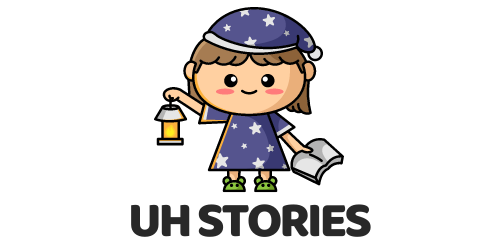Have you ever questioned your mind’s actual capacity? Our brain is an amazing instrument that can carry out intricate computations and activities. However, for basic math problems, we frequently rely on calculators or other external gadgets. This article presents an intriguing conundrum that tests your ability to solve it using only your mind. The ConundrumAlthough the task is straightforward, even experienced problem solvers may find it difficult. It operates like this:Start with 1000.
Add forty.Increase by 1000.Add thirty. Put in an additional 1000.Put 20 in.Include the last 1000. Add ten.The majority of folks breeze through it, mentally adding up the numbers and figuring it comes to five thousand. The actual outcome is 4100.This disparity results from the rapid processing of information by our brain, which frequently ignores minute nuances. Let’s dissect the solution step-by-step so that you can steer clear of the typical error.
Dissecting the CalculationTo clear up any misunderstandings, let’s calculate it slowly and methodically: Beginning point: Adding 40 to 1000 makes 1040. Adding 1000 makes 1040 + 1000 = 2040. Include 30: 2040 + 30 equals 2070; include 1000 more: 2070 + 1000 = 3070; include 20: 3070 + 20 = 3090; and so on. Finally, add 1000: 3090 + 1000 = 4090Add 10 last: 4090 + 10 = 4100.The right response is 4100. Easy enough, huh? However, why do so many individuals mistakenly believe that it is 5000? Why Our Mind Is DeceivedThis problem is the ideal illustration of how our mental shortcuts may trick us.Our brains have a tendency to categorize numbers incorrectly when we conduct quick computations.
In this instance, the mind typically adds 40, 30, 20, and 10 fast after registering the sum of all the 1000s, which would be 4000. However, this process frequently overshoots and results in 5000. When the brain absorbs these smaller numbers too quickly, it can combine them improperly, which leads to confusion.We refer to this condition as cognitive overload.
When we attempt to process too much information at once, we begin to rely more on conjecture and quick cuts than on accurate computations. Errors occur when our mind tries to simplify the process, which increases as we add more numbers.Strengthening Your Mental MathIt’s time to work on honing your mental math now that you know how your brain may fool you.
The best defense against mistakes such as this is to divide computations into manageable chunks and to double-check each step of the procedure. Here are some pointers to improve your ability to do math mentally: Put the Numbers Into Perspective: Consider visualizing each step as though you were writing it down, as opposed to allowing your mind to skip over them. By doing so, you can stay on top of the running total and prevent errors in computation.
Get Used to Lowering the Numbers: Increase in complexity by starting with lesser numbers and working your way up to them. This improves your brain’s ability to manage bigger amounts more accurately.Remain composed:We frequently experience cognitive overload when we attempt to answer problems too rapidly. Breathe deeply, move more slowly, and approach the task patiently. Employ Estimation: Estimation might be helpful in situations where accuracy isn’t necessary.
However, in situations such as this challenge, accuracy is crucial, so carefully dissect the figures.Practice Frequently: Like every other skill, mental math gets better with practice. You’ll quickly see an improvement in your accuracy if you set aside time to solve puzzles and issues similar to this one on a regular basis.The Value of Maintaining Mental Agility Mental challenges help to keep our minds sharp, just as physical activity does the same for our bodies.
Solving puzzles such as this one develops focus, sharpens the mind, and sharpens problem-solving skills. Engaging in mental math exercises on a regular basis can help lower your risk of cognitive deterioration as you age.Spending a few minutes solving problems mentally is a terrific method to reawaken your connection to the power of your own mind in a world when we frequently rely on technology to do the thinking for us. Thus, the next time you’re tempted to use the calculator on your phone, resist the urge and let your brain do the computation.
In summaryThis article’s mental math challenge serves as a reminder of our minds’ potential rather than merely being a straightforward workout.Even if it could be simple to grab a calculator, completing puzzles like this one can help you maintain mental clarity and focus. You’re not alone if you were duped by the 5000-answer error, so don’t panic! Just keep in mind to calm down, visualize, and take one step at a time before approaching the work the next time. Not only will you get the correct response, but your brain will receive a good exercise.
